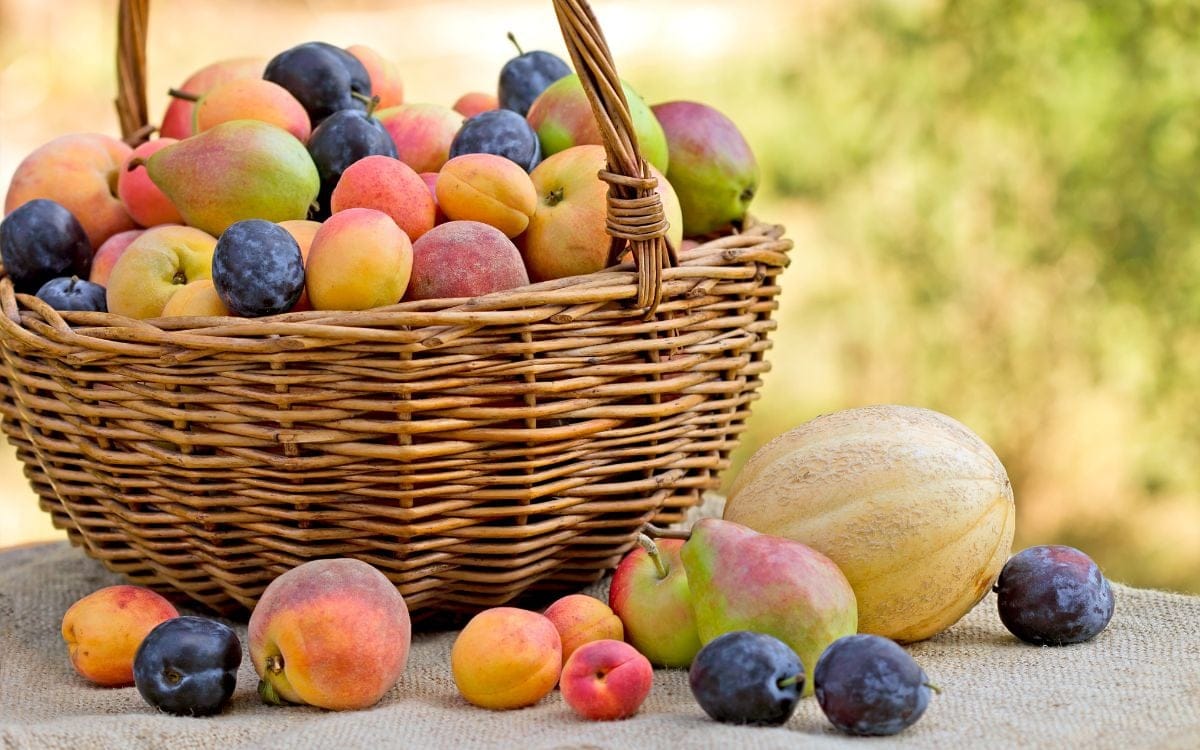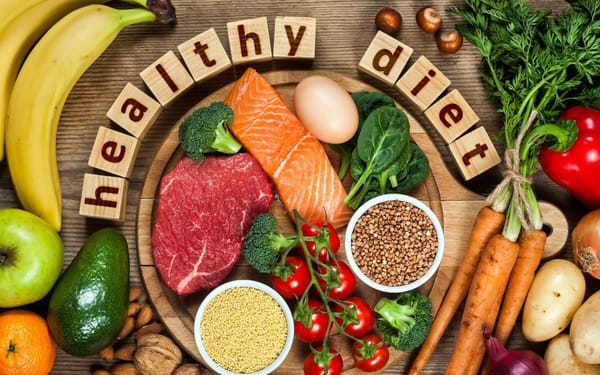How to improve your health without breaking the bank
As increasingly we’re made aware of the harmful effects of farming chemicals on our bodies and our planet, demand for organic foods is growing. As you walk through the supermarket, you’ll see everything from celery to snack foods labeled as ‘organic,’ but they come with a hefty price tag.
So, what does organic mean, and is it worth that extra cost? Unfortunately, the answers to these questions aren’t straightforward. In this article, you’ll learn how to buy foods that significantly impact your health without spending extra money pointlessly.
What does organic mean today?
Organic foods are grown using farming methods that comply with organic standards set by national governments. Ideally, those standards are well-researched and can be trusted to improve product quality and the environment. Organic fruits and vegetables should contain fewer toxic pesticides and herbicides than standard produce. They should be grown as nature intended or as close to it as possible.

Residue from pesticides isn’t enough to be toxic
Pesticides are only truly toxic when misused. There is no evidence that eating non-organic fruit and vegetables has negative health impacts, but people still worry. That’s because some pesticides in specific quantities can be harmful. For example, exposing a baby in utero to a large amount of certain pesticides has been linked to a slightly higher risk of ADHD and autism. Another study has linked pesticide exposure to an increased risk of Parkinson’s disease. However, the pesticide residue on produce is minimal, and you can get rid of most of it by washing your vegetables. It’s also worth noting that most organic farming isn’t totally spray-free and will still use ‘allowed’ pesticides, herbicides, and fungicides.
Organic food could have slightly more antioxidants
When a plant grows organically, it will produce natural phytohormones to help ward off pests and regulate growth and development. One of the most important phytohormones is auxin, which increases the activity of antioxidants in growing plants. These beneficial nutrients are then passed on to the person who eats them, and in a lab setting, there is some evidence that organic produce has slightly more antioxidants. The theory is that when farmers use pesticides, plants slow down the growth of these particular health-enhancing substances.
Organic produce isn’t necessarily better for the environment
Organic and non-organic farming can both damage or support the environment. On the one hand, pesticides and chemical fertilizers can wreak havoc on biodiversity, waterways, and soil health. On the other, organic farming tends to use more land and water than traditional farming. So if you want to buy consciously, it’s better to look for ‘biodynamic’ on labels, indicating farming practices that nurture soil while avoiding harmful chemicals.
Is organic food worth the extra cost?
Many of us would likely buy organic if it weren’t so expensive. In a recent price study, organic foods cost over 50% more than standard foods. Why? Because any pests, weeds, and diseases are harder to manage, creating more work for farmers or growers. And, in the case of meat and dairy, hormones and antibiotics can yield more products, so without them, the cost is higher.

Some non-organic produce has more residue
Regardless of how they’re grown, fruits and vegetables in abundance are critical to your diet. But if you’re worried about consuming potentially harmful pesticides, the Environmental Working Group (EWG) has produced a shoppers guide after thoroughly testing American produce in 2022. They list the ‘dirty dozen’ – the top twelve fruits and vegetables with the most pesticide residue, and the ‘clean fifteen’ – produce with the lowest amounts of chemical residue.
Eat more fruits and vegetables – of any kind
As the range of processed food becomes more readily available, you won’t find a better nutritional source than fruits and veg, whether or not they’re organic. Organic might be lighter on the environment, but it has a similar nutritional value to non-organic. Packed with vitamins, minerals, fiber, and water, fresh produce in your diet can lower blood pressure, reduce your chance of heart disease and stroke, prevent some types of cancer, lower your risk of eye and digestive problems, and help keep your blood sugar steady.
The more fruit and vegetables you eat, the better – even if they’re from the non-organic part of your local supermarket.










Leave a reply
You must be logged in to post a comment.